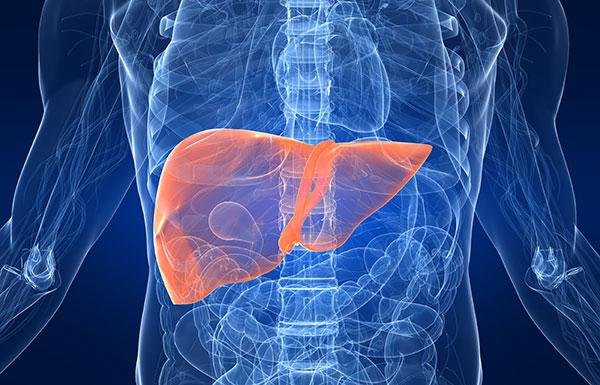Baby Boomers - Have You Been Screened for Hepatitis Yet?

Hepatitis C is a global epidemic. And baby boomers are especially likely to have the disease, according to the University of Michigan Health System. They are five times more likely to have been exposed to the infection than other age groups. In fact, baby boomers comprise 75 percent of adults with hepatitis C.
Hepatitis C is an infectious liver disease. About 170,000 new cases are diagnosed each year. About 3.2 million Americans have the disease. Although most cases are transmitted through contaminated blood, some have been traced to sexual contact.
There are two types of hepatitis C—acute and chronic. Hep C sets in as an acute (short term) infection within six months after coming into contact with the virus. Acute hepatitis C may clear up on its own or with the help of antiviral drugs.
Between 75 and 85 percent of acute hepatitis C cases will progress into chronic hepatitis C, according to the Centers for Disease Control and Prevention. Sometimes the virus evolves when cases fail to respond to antiviral drugs. More often people with the virus don’t have symptoms and don’t seek treatment.
Chronic hepatitis C is serious business. It can last the span of your life and cause liver cirrhosis or liver cancer.
Once the infection becomes chronic, it will produce symptoms such as fever, nausea, abdominal pain, dark urine, gray colored stool and jaundice, making it much easier to diagnose. A doctor can determine the strain of the virus causing the infection and decide if patients need treatment.
That’s the good news about hepatitis C. Treatment is available. If you have the virus, you may be prescribed a new antiviral drug. They’re effective but also expensive. Healthline estimates that medications range between $63,000 and $95,000 for a 12-week treatment cycle that may be covered by your Medicare, Medicaid or commercial insurance plan.
Your doctor also may prescribe additional medications and encourage lifestyle changes like giving up alcohol and tobacco to help prevent complications. In addition to liver disease and cancer, some experts now consider Parkinson’s disease to be a complication. Results from a new study published Neurology found patients with chronic hepatitis C had 51 percent greater chance of developing Parkinson’s disease compared people without the condition.
At this point, your best defense against chronic hepatitis C is to reduce risk factors and get tested. Common risk factors include having a history of a needlestick or sharps injury, piercings or tattoos with unsterile equipment, illicit/inhaled drug use, blood transfusion or organ transplant before 1992 and HIV infection.
Screenings can detect past exposure and current infection. Discuss with your doctor if you should have a hepatitis C test.
Work with your MDVIP-affiliated doctor to help you keep your liver healthy by limiting alcohol intake, eating a healthy diet, managing weight and quitting tobacco and marijuana. As part of the MDVIP Wellness Program, your doctor can customize a wellness plan for you and your needs. Don’t have an MDVIP-affiliated doctor? Find one near you by clicking here »


